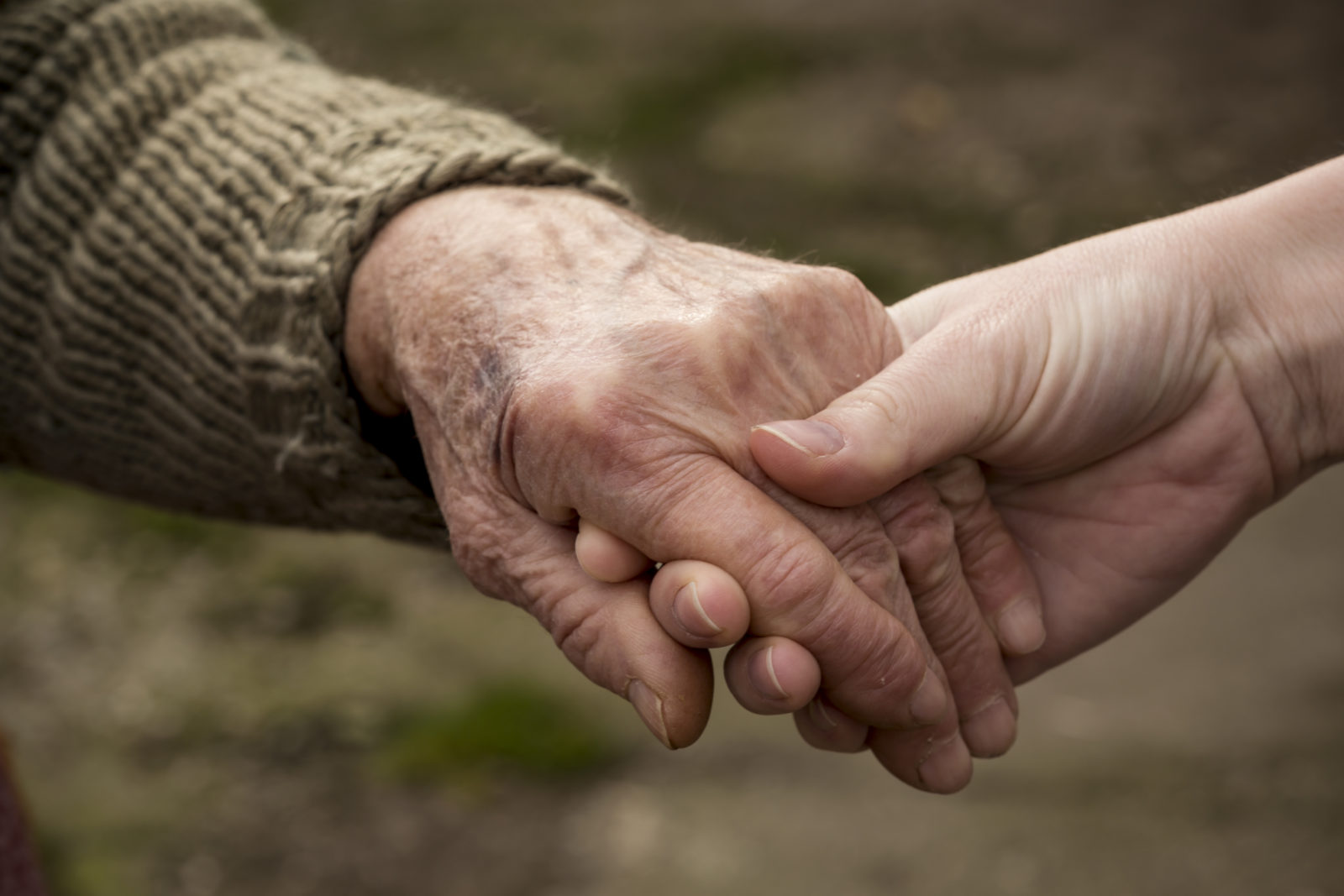Cultivating Caregivers

At a recent conference (Elder Friendly Futures 2017—The Essential Work of Caregiving Across Communities), one of the speakers asked, “Who is a caregiver in this room?” Initially, not everyone identified as a caregiver. After the speaker described caregivers—from paid workers to family support caregivers—almost everyone’s hands went up.
I realized I am a caregiver too. Though I don’t provide daily care, I do help my older adult friends who call upon me to problem-solve issues—how to use a personal emergency response unit, how to inject a new medication—and take them to church and social outings. While I don’t provide caregiving around the clock, I have a friend who does and she agreed to share her story which embodies Caregiving Around the Clock—the theme for National Family Caregivers Month (November 2017).
My Friend’s Story
I am a daughter and an only child. As my parents age, they’ve experienced more acute and chronic conditions.
My dad has had a stroke and cancer. He has congestive heart failure, vascular disease, and multiple diabetic issues.
Mom has complex medical issues and chronic conditions, with reoccurring episodes of sepsis, pneumonia, atrial fibrillation, and urinary tract infections. Due to diabetes, she has vision loss, diabetic neuropathy, and kidney failure. She is wheelchair dependent, and though she doesn’t weigh very much, she requires assistance to transfer from the hospital bed to the wheelchair using a special lift. Since she is diabetic, she requires insulin injections four times a day. With her minimal appetite, it’s difficult to control her blood sugar within a stable range while trying to encourage her to get the proper nutrition. Her only source of enjoyment is food, but all she wants to eat are simple carbohydrates. We know this is not optimal, but when your daily diet is 1,000 calories or less, anything is better than nothing.
Neither of my parents want to leave their home. Dad has had to be the primary caregiver. This has been hard on him. Dad relies on me to help him, so that he can then take care of my mom. In reality, it’s “caregiving for the caregiver.”
I do whatever I can, including taking time off work, cooking, cleaning, administering medications, and staying with them, as needed. It’s challenging to balance work, family, and caregiving.
Mom requires 24-hour care, but refuses to leave her home to go into a facility. Also, 24-hour in-home care is very expensive. We have had several different caregivers, initially starting with 12 hours per day of live-in care and recently having one caregiver work a split shift—four hours in the morning and four hours in the late afternoon/early evening—seven days a week. This is working for the short term; however, if the caregiver is sick or called out of town, I am the substitute caregiver. I keep thinking we should sell my parents’ house and my house and cohabitate, but that is easier said than done in the Seattle housing market.
Taking care of my parents is a blessing, but it also brings many challenges. Things that I’ve learned along this journey are:
- Ask questions—find out what the person wants versus what the person needs.
- Determine services—what does the person need (e.g., in-home medical care, physical therapy, occupational therapy, medicine dispensary, etc.)?
- Research the cost—compare the cost for in-home care versus a skilled nursing facility.
- Acute or chronic condition—providing care for an acute condition (e.g., bladder infection) is different than long term/chronic conditions (e.g., diabetes management).
- Medication management—what assistance is needed and how often? Who is trained or qualified to help? Are the medications oral or injectable?
- Support system—develop a support team, especially if you are single. You cannot manage this alone.
- Take care of YOU—think about your own health and wellness. Make sure you get rest and take time for relaxation.
Caregiving is not easy and it is not simple; however, caring for my parents is a privilege. A benefit of this privilege is cultivating the next generation of caregivers. I have two teenage sons who have learned about the importance of caregiving and caring for their grandparents during this journey.
Contributor Mary Pat O’Leary, RN, a planner with Aging and Disability Services, the Area Agency on Aging for Seattle-King County.
This article originally appeared on AgeWise King County (November 2017)
![Aging & Disability Services for Seattle & King County [logo]](https://www.agingkingcounty.org/wp-content/themes/sads/images/seattle-ads-logo.png)